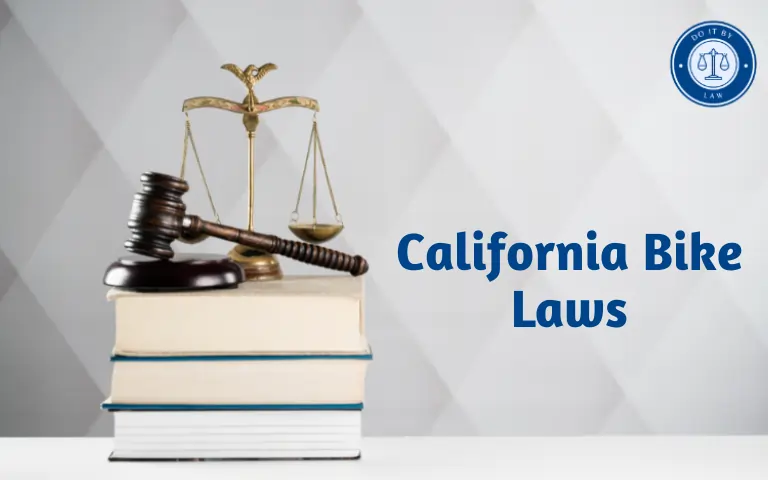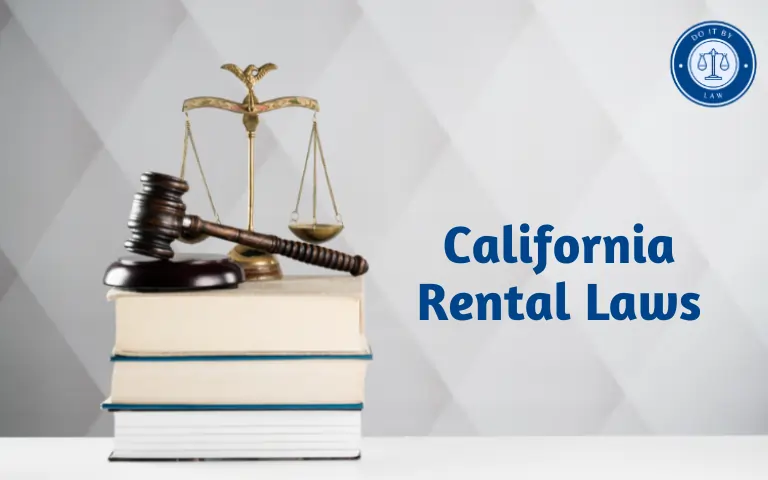California Open Container Law: What You Need to Know
California has a strict California Open Container Law prohibiting the possession of open alcohol containers in public spaces, including vehicles. Violations incur fines of up to $1000. Exceptions exist for certain bus and limo services.
When California Open Container Law Was Enacted and Why It Exists
- California State first enacted an open container law in 1961 under California Vehicle Code Section 23220. The legislation prohibited possession of an opened alcoholic beverage container while in a motor vehicle on any highway.
- This law stemmed from concerns about drinking and driving. Allowing opened containers in vehicles was viewed as enabling and encouraging drivers and passengers to consume alcohol while a vehicle is in motion.
- According to data from the California Office of Traffic Safety, alcohol-related crashes accounted for 31% of all California traffic fatalities in 1960 when the open container law was first passed. By explicitly banning open containers in vehicles on public roads, the goal was to help address this major public safety issue.
- Over the ensuing decades, as drunk driving continued claiming thousands of lives annually in California, state legislators have repeatedly revisited and expanded open container legislation to further curb public alcohol consumption linked to driving under the influence (DUI).
- Major amendments include AB 702 in 1983 which banned open containers in all passenger areas of vehicles on highways rather than just the driver area, and AB 2121 in 2002 which eliminated most exemptions to create one uniform open container traffic law applicable statewide.
Who California Open Container Law Applies To
California Vehicle Code Section 23220, today’s basis for open container prohibitions, applies to:
- Drivers and passengers in any motor vehicles on California roadways
- Anyone walking, standing, or otherwise being present on California highways
- Passengers and drivers in boats on state waterways
In basic terms, it applies to anyone traveling along or present on any public right of way in the state with an open alcoholic container.
The law considers an alcoholic beverage container to be “open” if any seal has been broken or a container has been uncapped. This includes open beer bottles or cans, cups containing liquor or mixed drinks, opened wine bottles, and other containers with broken seals.
Violations for illegal open container possession can be imposed on both the person holding the beverage as well as the owner/driver of any vehicle in which open containers are present.
Key Provisions of California’s Open Container Law
California Vehicle Code 23220 lays out several key specifications about prohibited open container possession and related fines:
- It is illegal for open alcoholic beverage containers to be present in the passenger area of any motor vehicle on highways or lands open to the public.
- Passengers on buses, taxi cabs, limousines, or campers are exempted if they are not themselves holding open containers or drinking while consuming container contents.
- Violations are punishable as misdemeanors with fines up to $1,000 plus mandatory court fees.
- Anyone younger than age 21 found in violation risks additional citations for underage drinking or DUI if evidence shows they have consumed container contents.
- Refusing to submit to chemical testing can result in driving license suspension for one year if an officer has reasonable cause to believe the violator has been drinking.
Further key specifications prohibit:
- Possession of open containers while walking along any highway, street, sidewalk, or land open to public access in California.
- Open containers anywhere inside vehicles parked on public streets, parking lots, highways, or right of way.
- Open containers in boats traveling on California waterways.
Anytime someone is traveling along or present on publicly accessible rights of way in California, possession of an open container with any amount of alcohol is prohibited and subject to citation under this law.
Penalties for Violating California’s Open Container Law
Penalties for open container violations under California Vehicle Code 23220 include:
- Fines of between $390 to $1000 plus about $500 in mandatory state assessments and legal fees.
- Community service requirements and mandatory alcohol education programs may also be imposed.
- Up to 6 months of jail time in some recidivist cases though this is rare.
- Suspended driver licenses for those under 21 or who refuse testing when applicable.
These criminal penalties apply each time someone is cited for illegally possessing open containers in prohibited public spaces throughout the state. The legal penalties and fines grow with repeat violations.
Recent Changes and Proposed Changes to California Open Container Law
California’s core open container legislation embodied in Vehicle Code 23220 has remained largely unchanged over the past decade or so. Recent minor updates include:
- Increased state assessments attached to open container fines, making overall citation costs rise.
- Attempts to enable interstate commercial transport of opened wine shipments, though complex regulatory issues remain a barrier.
- Allowances permitting local governments to designate certain special festival districts as exempt from open container prohibitions if alcohol is legally served/sold by licensed vendors.
Looking ahead, most proposed amendments focus on expanding designated festival district exemptions in more localities rather than altering the underlying open container prohibitions themselves.
For example, some cities have explored special exempted entertainment zones allowing patrons to carry and consume alcohol purchased onsite while moving between sponsoring venues in a designated area during special events. Similar to Las Vegas along the Strip, New Orleans during Mardi Gras, or the Power and Light District in Kansas City.
However, broader attempts to relax public open container laws face substantial legislative and public opinion obstacles due to the priority placed on traffic safety amid ongoing concerns over drinking and driving issues in California.
Controversies, Debates, and Challenges Related to California Open Container Law
While California’s open container prohibitions enjoy widespread public support, critics have raised some controversies and issues around the law over the years:
- Racial profiling – Some research indicates enforcement disproportionately impacts minority groups despite similar violation rates across populations.
- Festival districts – Balancing the economic benefits of exempted event zones against increased drinking risks generates debates between cities, event sponsors, and law enforcement over appropriate implementation.
- Passenger exemptions – Allowing drinking by passengers in vehicles, boats, and campers is considered contradictory by some given links between drinking culture and drunk driving incidents.
- Alcohol industry – Tourism, hospitality, and alcohol beverage Interests often lobby to relax open container restrictions which hamper some product consumption scenarios.
Lawmakers continue working to reconcile these issues with public safety priorities. Most seek to curb drunk driving without overreaching into unreasonable restrictions on legal alcohol purchase and consumption contexts removed from traffic risks.
Conclusion and Key Takeaways on California Open Container Law
In summary, California’s open container legislation contained primarily in Vehicle Code 23220:
- Prohibits possession of open alcoholic beverage containers in public spaces including streets, sidewalks, waterways, and most vehicles.
- Allows drinking only in specific exempted scenarios like chartered limos and buses.
- Imposes steep fines of up to $1000 per violation to dissuade public alcohol consumption linked to drinking and driving.
By restricting open containers, California aims to maintain diligent deterrents against intoxicated vehicle operation, enhance traffic safety, and reduce drunk driving collisions and deaths.
Both state residents and visitors should strictly avoid possessing any opened alcoholic containers while traveling along or present on publicly accessible rights of way throughout California unless a specific legal exemption applies.
Carefully abiding by the open container prohibitions plays a vital role for all in helping foster a culture of safety and responsibility around alcohol use in the state.







